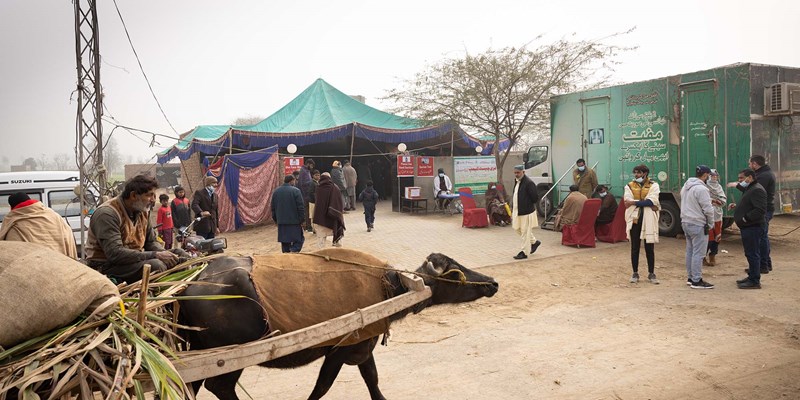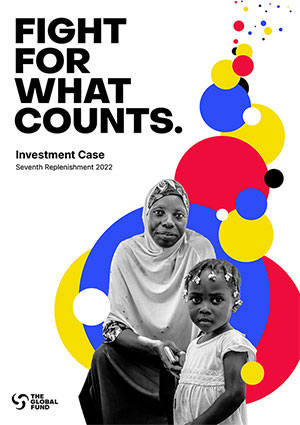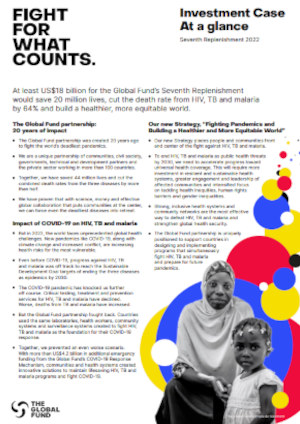Zambezi Region Launches Effort to Eliminate Malaria
25 April 2013
LIVINGSTONE, Zambia – A regional initiative that aims to eliminate malaria in the Zambezi valley was launched today by Zambia and Zimbabwe, with support from the Global Fund to Fight AIDS, Tuberculosis and Malaria.
Announced on World Malaria Day, the cross-border initiative will accelerate efforts to eliminate malaria in the region with focused intervention, supported by existing grants from the Global Fund. Zambia and Zimbabwe hosted a series of events today in Livingstone, Zambia and Victoria Falls in Zimbabwe, to launch the Trans-Zambezi Malaria Initiative.
Malaria infects 219 million people and causes 660,000 deaths per year. About 80 percent of those cases and 90 percent of those deaths occur in Africa.
“This initiative will accelerate reduction of malaria transmission among border communities through implementation of coordinated cost-effective malaria control activities,” said Dr. Joseph Kasonde, Zambia’s Minister of Health. “It will also initiate new ones, such as the upcoming Mozambique, Zambia and Malawi initiative.”
Dr. Kasonde added: “The launch fits in well with Zambia’s national malaria strategic plan which recommends targeted malaria interventions applied selectively, based on epidemiological trends and status for each region.” He added that all these activities will enhance partnerships involving all the relevant stakeholders.
Dr. Henry Madzorera, Minister of Health and Child Welfare of Zimbabwe, said: “The cross-border initiative, once fully operational, should act as an accelerator of the transition from malaria control to malaria elimination in the Zambezi Valley, thereby paving way for poverty alleviation, and social and economic prosperity in the region.”
Southern Africa’s climate and geography are a breeding ground for the deadliest form of malaria. The transmission season for malaria generally extends from November to May. Several rivers cut through the region, including the Zambezi, and seasonal flooding can result in a prolonged malaria season and contribute to the epidemic.
The Global Fund is currently supporting three malaria grants in Zambia and Zimbabwe, with two grants worth US$22 million for Zambia, and a US$35 million grant for Zimbabwe. Funds are channeled to the Ministries of Health, National Malaria Control Programs, from the United Nations Development Programme (UNDP). One of the Zambia grants is administered by the Churches Health Association of Zambia (CHAZ).
“We are extremely pleased to be able to support this initiative, through our existing country teams for Zambia and Zimbabwe,” said Linden Morrison, who heads the department at the Global Fund overseeing grants to these two countries. “If successful, this initiative can lead the way for other countries in the continent. Our aim is to save as many lives as we can, with the current grants.”
The Global Fund is currently supporting grants for malaria in the SADC region for a total approved funding of approximately US$ 880 million, including US$123 million for Mozambique, US$362 million for Tanzania, US$90 million for Zambia and US$308 million for Zimbabwe. In addition, the Global Fund has recently approved US$13 million to Mozambique, US$114 million to Tanzania and US$2 million for Zambia for malaria programs as interim applicants of the new funding model.
The Zambia and Zimbabwe Cross-border Malaria Initiative is part of the Trans-Zambezi Malaria Initiative (TZMI) and aligns with existing frameworks such as the SADC Malaria Strategy Framework (2007 – 2015).
The Trans-Zambezi Malaria Initiative brings together 5 countries – Angola, Botswana, Namibia, Zambia and Zimbabwe – which converge at the narrow Caprivi Strip, where a population of 1.5 million people are at high risk of malaria. The vision of the Trans-Zambezi Malaria Initiative is: “Malaria free Trans-Zambezi communities, with social and economic prosperity by 2020.”







